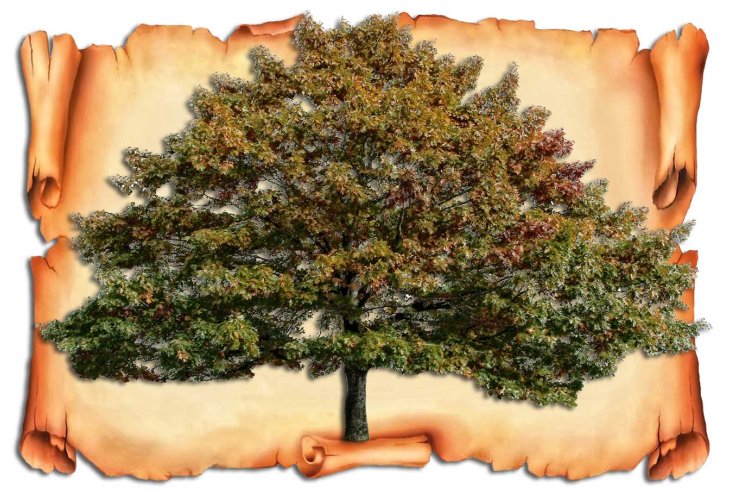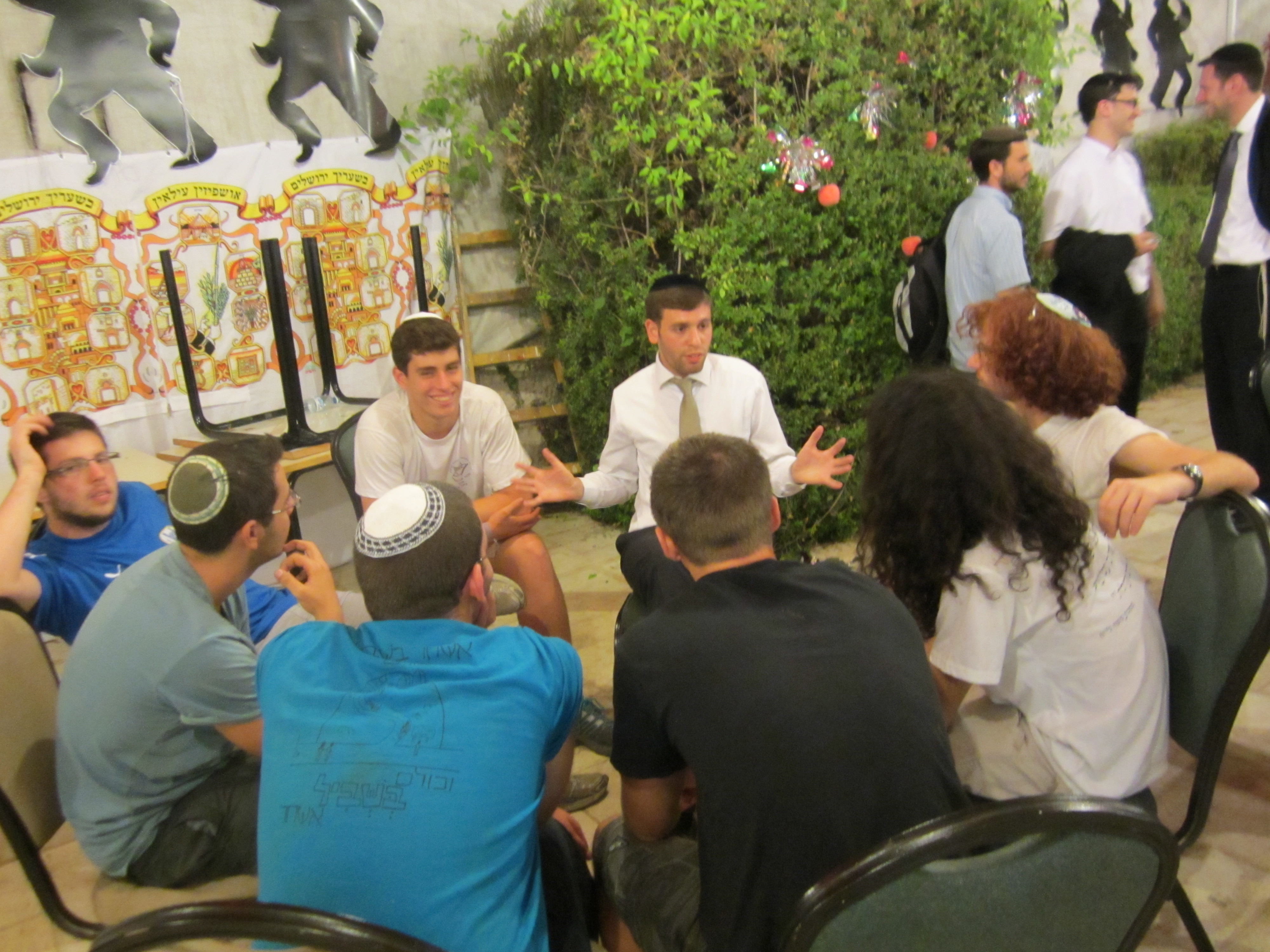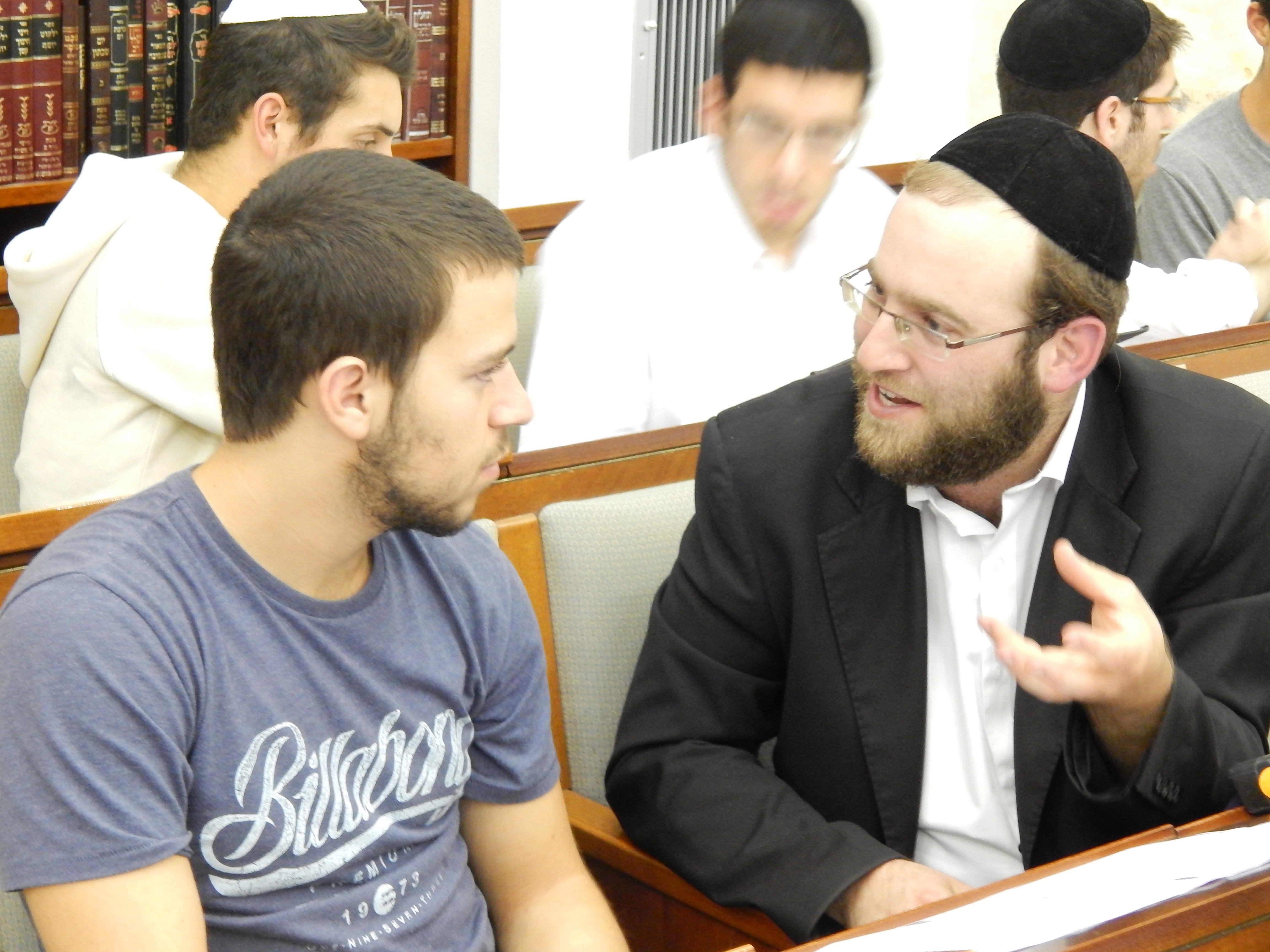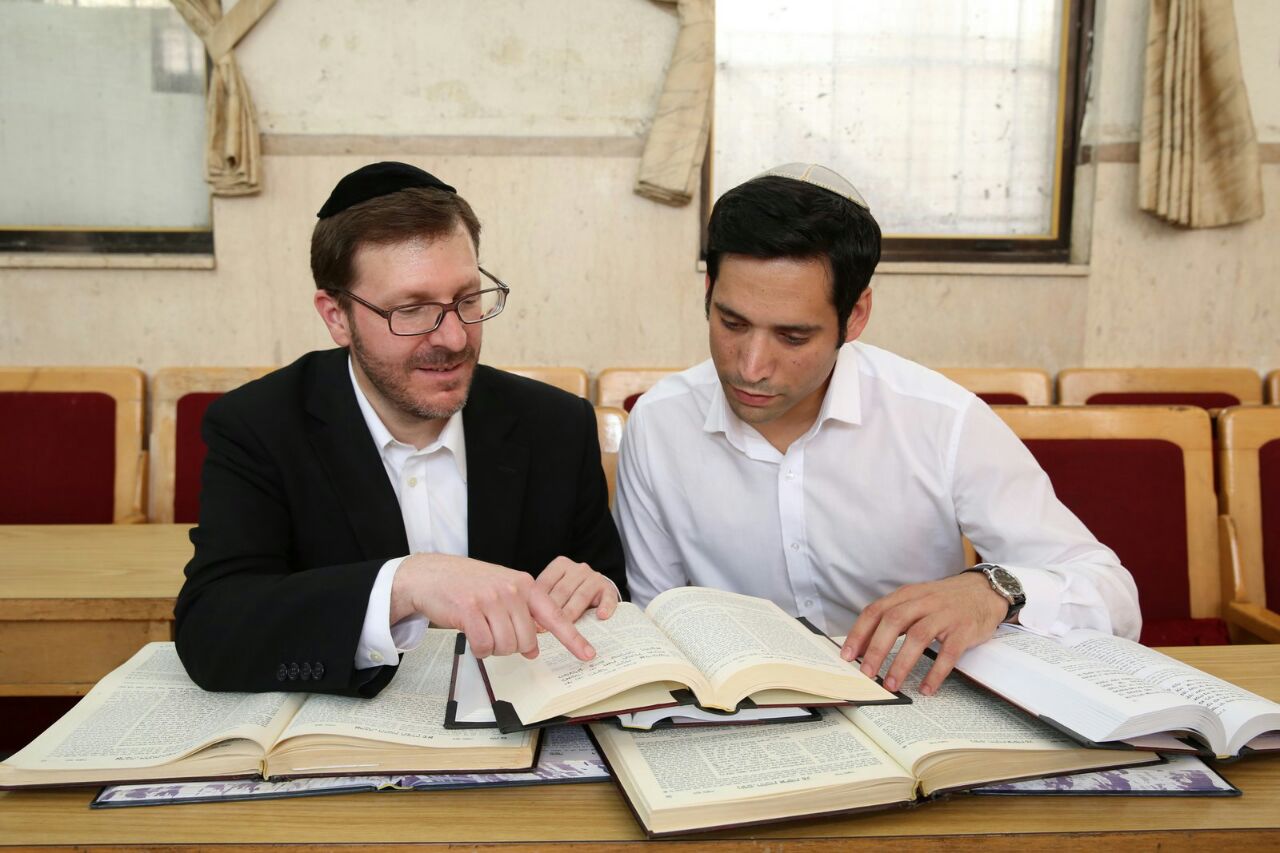Tzili Schneider: "From My Mother I Learned There's No 'Secular' or 'Religious,' Only Jews, Children of Hashem"
Tzili Schneider founded the 'Jewish Connection' organization in memory of her mother, who taught her that all of Israel are brothers. The partnership program between secular and ultra-Orthodox pairs—numbering now 7,000—has seen tremendous success. "Each and every one says to me: 'Don't ask about my partner, she's truly special; she's not an example...'"

Tzili Schneider, founder of the 'Jewish Connection' organization, grew up in a home where labeling people as 'secular,' 'religious,' or 'ultra-Orthodox' was forbidden. "My mother was very angry when she heard how labels were attached to people," she says. "She always told us: there are Jews and there are the children of Noah. That's it. We grew up with the perspective that all Jews are united at the root of our souls. We were always taught that divisiveness does not suit the Jewish people."
Schneider's mother, the late Mrs. Torah Boymel, was a remarkable woman in many ways, not just in her advocacy for unity. Her love for kindness was such that when Tzili returned from school, she never knew how many people she would find at home and who would stay the night. Her mother had an open heart—and accordingly, an open home. "When I got engaged, the dowry they bought me kept disappearing from the house, because there was always a bride who needed it more. The belief was that only what we give is truly ours. My grandfather, my mother's father, asked me when I was young: if you have ten shekels and give two to charity, how much do you have left? He then explained that I really only have the two shekels I gave. The rest I probably spent or lost, but charity always remains."
For years, Schneider says, she struggled to accept her mother's numerous public engagements. But it was at her mother's funeral that the penny dropped: "I suddenly understood, she knew how to take care of herself in the right way, to care for the only things that would accompany her on her last day."
"At her funeral, it was amazing how many different people wept there. There were women she helped during her involvement with divorce assistance. There were returnees to faith from the time she devoted herself mainly to them. Formerly at-risk youth from the period when she supported them. And many new immigrants from her last two decades, which she dedicated primarily to bringing the immigrants closer to their heritage. Representatives from all circles of her life were there. I remember two women standing behind me, and one said to the other: 'Look at this, the ministering angels surely need reinforcement to carry the weight of her merits'..."

During the shiva, many esteemed rabbis came to comfort the family. "I especially remember the condolence visit from Rabbi Yitzchak Ezrachi. He came and told us: 'Now that your mother has passed away, her strength is in the world, available to those who will take it and make it their own. Take these strengths and exploit them.' And indeed, her passing caused us all to take on new commitments. One sister took on the management of a large outreach school. Another brother began running a Torah study center. Another sister opened a seminary for returnees."
"I wanted to go in a different direction. I don't have my mother's founding skills, who established almost every possible service for women in the ultra-Orthodox community, from training programs to transportation to the separate beach. But I remembered well the lessons about the unity of Israel that I received from my mother, and I told myself that I want to dedicate myself to the goal of reconciliation. I want to reach a state where there isn't a single non-religious Jew in the country who wants to study Torah and doesn't have someone to study with."
Tzili Schneider first approached friends and acquaintances to persuade them to join in. Later, she began publicizing in the media. The demand was astounding. Partnerships were formed quickly, and today their number stands at 7,000. The idea behind the initiative, says Tzili, was for each pair to learn something together. Jewish knowledge belongs to everyone, she says. The Bible belongs equally to the secular and the ultra-Orthodox, as do Pirkei Avot, Mesilat Yesharim, and Shmirat HaLashon.
What began as a joint Jewish study, with hesitant questions asked from side to side, often progressed to warm and heartfelt friendships. Take Mitel and Bracha, for example. Mitel, who works in a pharmaceutical company and grew up in a household that "didn't observe anything," as she put it, wanted to learn more about Judaism. Her first study partner offered by the Jewish Connection didn't really click, but the pairing with Bracha, a mother of four, was love at first conversation.

Bracha: "I loved her voice from the first moment. We started learning about Torah and science from a book on the topic, but we often drifted into ideological questions and personal topics. Soon I started feeling like I found a lost sister. Thanks to Mitel, I’m learning new things and growing wiser, and also learning to respect every person, even if they seem very different from me in their way of life."
Mitel: "To me, she's simply a friend, and our study is out of enjoyment and friendship. Even when I'm in the worst mood—talking with Bracha always lifts me up and gives me strength."
And Mitel and Bracha are just one example. There's also Chaya and Yael, Dorin and Elisheva, Maya and Racheli. All women who, at first glance, have nothing in common—but Tzili insisted on introducing what they share: they are both Jewish, and the Jewish heritage belongs to them both.
Do you have more partnerships with women than men?
"It's about one third and two thirds. But this year we want to focus more on men. One of the initiatives we've set up for men are somewhat 'mobile study halls' that meet in various places, including cafes. One ultra-Orthodox and one secular person, each bringing 15 others, meet regularly once a week. We have 21 such groups."
Schneider has an amusing story about one such group. "Recently I asked Ofer Berkowitz, Deputy Mayor of Jerusalem, to come with me to see one of these groups. He came and, of course, spoke, and then I started to speak because I wanted him to hear a bit about the Jewish Connection, the organization behind this phenomenon. But then one of the secular members stood up: 'Mrs. Schneider, I really apologize, but we only have 75 minutes a week to learn Torah—can we save the speeches for another time?'"
"What can I say," she concludes with a laugh, "I simply tucked my tail and left. Really, why did I think I was allowed to interrupt them from learning Torah?"

Such meetings also take place in different homes around the country, where secular and ultra-Orthodox women sit together, learning to know and appreciate each other. One place where these meetings have really changed the public atmosphere is Kiryat Yovel in Jerusalem, which for years has been experiencing internal conflicts due to its ultra-Orthodox transformation process.
"We formed a group of women there who sit and talk together, getting to know one another. Suddenly, no one is the anonymous and threatening figure. I go there and tell the ultra-Orthodox to stop looking around and counting how many apartments are left to take over in the building, and start seeing the people who live there. If Hashem sent you to live here, maybe it's so you'll be a bridge to Judaism for your neighbors. And I remind them of the advantages they enjoy from living in a mixed neighborhood—a well-organized house committee, for example. To the secular, I remind them that the ultra-Orthodox interest has significantly increased their property values, and that their presence is replacing the crime elements that were once there. Besides, a secular person also wants their son to have a bar mitzvah in a synagogue. And if there aren't religious people around to maintain the synagogue—where exactly will he have his son's bar mitzvah?
"I think in Kiryat Yovel, we have really managed to change the atmosphere, from a neighborhood of conflict to one of dialogue and fraternity, and we're trying to bring this concept to other friction points as well."
"Whenever I talk to partners," Tzili concludes with a smile, "each one says to me, well don't ask about my study partner, she's really not an example, so special... It turns out they are all very special and unique. We Jews, we are all children of Hashem. Hashem picked each of us with tweezers, and He has good taste."

